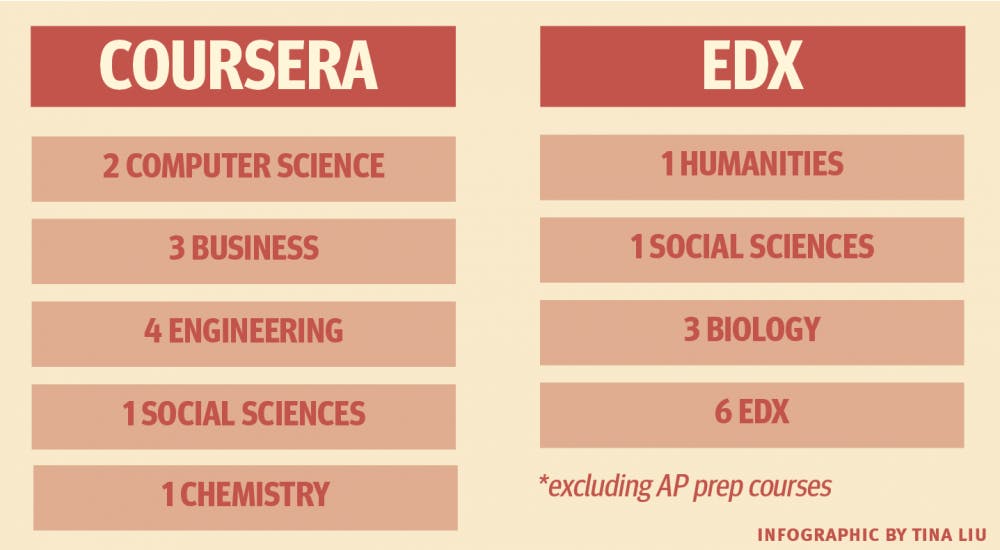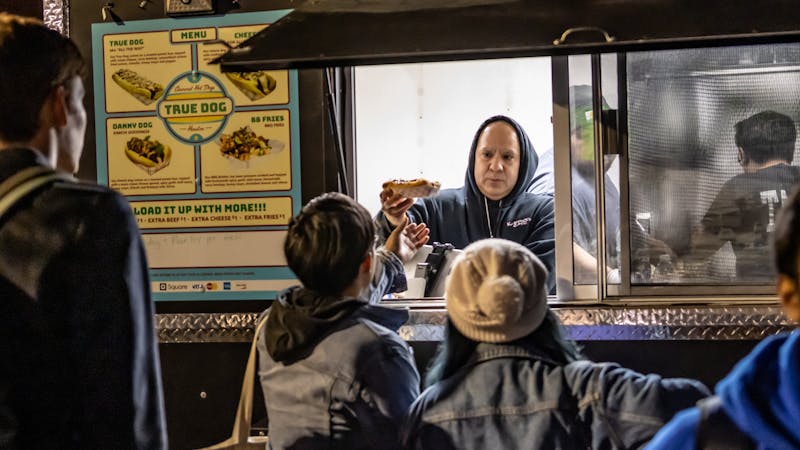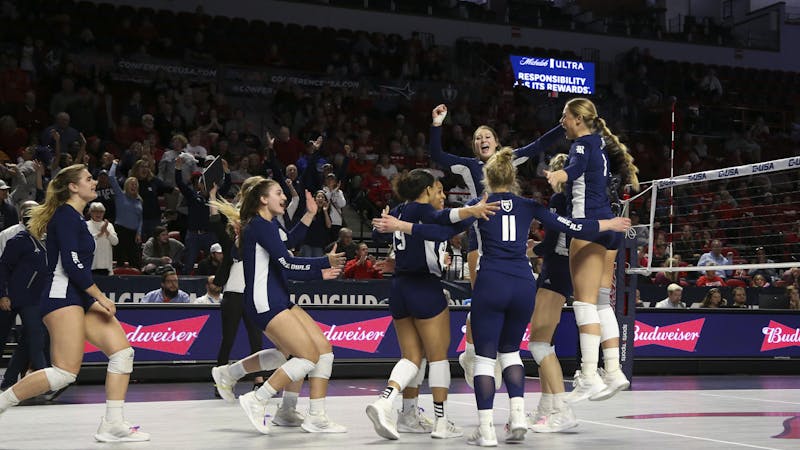Rice courses available for free on Coursera and EdX

Rice hopped on the online course bandwagon a few years ago, and the courses continue to be popular today. Massive open online courses (called MOOCs) were drawing in hundreds of thousands of students eager to access courses for free. The Rice administration began posting calls for professors to teach these online courses.
“Back in 2012, MOOCs had a lot of hype as being one of the next great sources of educational breaks or educational opportunities,” Scott Rixner, a Rice professor who teaches online courses via Coursera, said. “I think that Rice felt that it was important to at least explore what was going on and be involved at least a little bit before they made some decisions about whether or not they should have greater involvement in this or not.”
Jason Hafner, a professor in the department of physics, and Rixner, a professor in the department of computer science, were among the first at Rice to provide their courses to popular online course sites like Coursera and edX.
Hafner was eager to be involved in “new and interesting” ventures in the world of online courses, which motivated him to create courses.
As professors of MOOCs, Hafner and Rixner record and post lectures to their respective sites, as well as homework problems that are comparable, if not the same, as the ones given to Rice students. The final exams are based around the honor system, although students can pay to receive a certification signed by the professor if they pass the course.
“The ones I’ve made have been the real Rice class, I focus very much on making it the real Rice experience,” said Hafner.
At the same time, courses like MOOCs may never reach the rigor found in traditional courses. While the objective of a MOOC is to simply expose people to a new topic, this vastly differs from a traditional classroom, or even from online for-credit courses. Often, there are logistical limitations to how far a MOOC can go.
“The problem with physics is that there’s always the lab,” said Hafner when asked if MOOCs could ever reach the capacity of a traditional course. He paused and said, “virtual reality, maybe.”
Both professors avoid courses for credit due not only to these limitations, but also because of other factors like proctoring exams.
However, several for-credit online courses are offered to Rice students in an attempt to relax summer schedules and allow students to fulfil credits outside of Houston. And that’s not to say MOOCs don’t have significant advantages, either.
“The way I set mine up, there’s the discussion forum and it’s categorized into the different discussions about each and every question in the whole class,” Hafner said. “So if you’re confused about a problem [...] it’s almost like you can get instantaneous help by not posting a question but just by reading what other people did. That doesn't exist in any way in a real in-person class.”
In addition to the discussion forum, online lecture videos allow students to view the lecture multiple times, providing clarity in a way not possible in traditional lectures. Students have the option to rewind and replay as many times as needed in order to truly understand what the professor is saying before continuing with the lecture.
Rice students enrolled in Hafner’s introductory physics classes are encouraged to take advantage of his online course as a supplement, highlighting an important factor of online course creation by Rice administration. MOOCs alone, however, are not comparable to typical Rice courses.
“They’re two very different things that have very different objectives,” Rixner said. “A MOOC is really for someone who’s interested and self motivated in learning a topic. The on-campus classes are meant for someone who really wants to immerse themselves in a topic and be challenged by the faculty and taught to not just learn the material but how to think differently about the discipline. This is not about online versus on-campus, this is about the courses having very different objectives.”
In regards to online courses, Hafner sees an educational future markedly different from the one we have today.
“I think [online courses will] eventually be a substitution,” said Hafner, “I told my students this semester that this thing we’re doing – where they come here, me talk at them [...] I told them were the last generation that's going to do that.”
Hafner believes that online courses are a stepping stone to broad educational change.
“I was really making a reference to AI,” he clarified. “There'll be a book that you read and then you get confused and you ask the book a question and the book explains it to you in a way that matches the way you need to learn it. That's where it’s headed.”
Edit 11/16/2017: The article has been updated to state that Jason Hafner is a professor in the department of physics. A previous version of this article mistakenly stated that he is a professor of in the department of chemistry.
More from The Rice Thresher

Will the real Yo-Yo’s Hot Dog please stand up?: H&D brings True Dog Houston to campus after all
Housing & Dining announced on Jan. 31 that they had reached an agreement with “YOYO” to operate on campus. But the next day, H&D sent the Rice community a follow-up email with a flyer for the vendor they had actually secured: True Dog Houston, operated by Damion Loera, a former partner of YoYo’s Hot Dog who has since opened his own business selling similar hot dogs.

Bloomgren returns as head coach for 2023 season
Mike Bloomgren will return next season for his sixth as the head coach of Rice football, an athletic department official confirmed Saturday. While Bloomgren’s initial five-year contract was set to expire this year, the official said that he is under contract for the upcoming year after signing an extension in 2020. The total length of the extension is unknown.

Volleyball beats No. 20 Western Kentucky in title game to reach C-USA hilltop
In 2019, the Rice volleyball team took on Western Kentucky University in the Conference USA final only to lose in a five-set heartbreaker. They got another shot at the Hilltoppers in the following year’s title game, and again in 2021, but both times WKU came out on top. Just ten days earlier, while not in the conference tournament, the Hilltoppers beat the Owls in a fifth-set tiebreaker to secure the C-USA regular season title. Sunday, though, the result was different. The No. 22 Owls finally made it past their conference rival, on the No. 20 Hilltoppers’ home court no less, to secure a conference title for the first time since 2018. After the match, head coach Genny Volpe said that she was thrilled to see her team rewarded for their efforts all year.

Please note All comments are eligible for publication by The Rice Thresher.